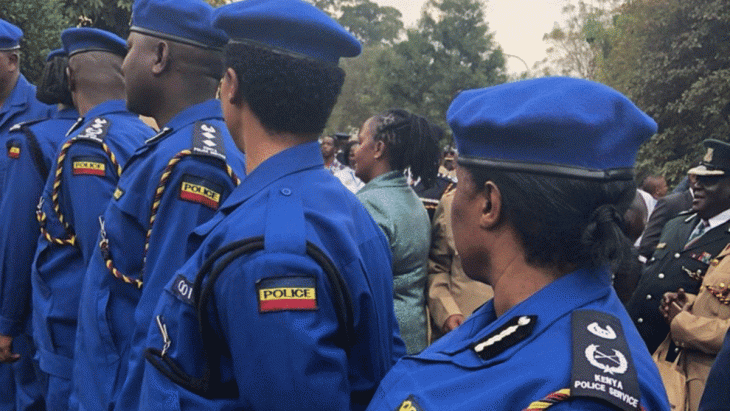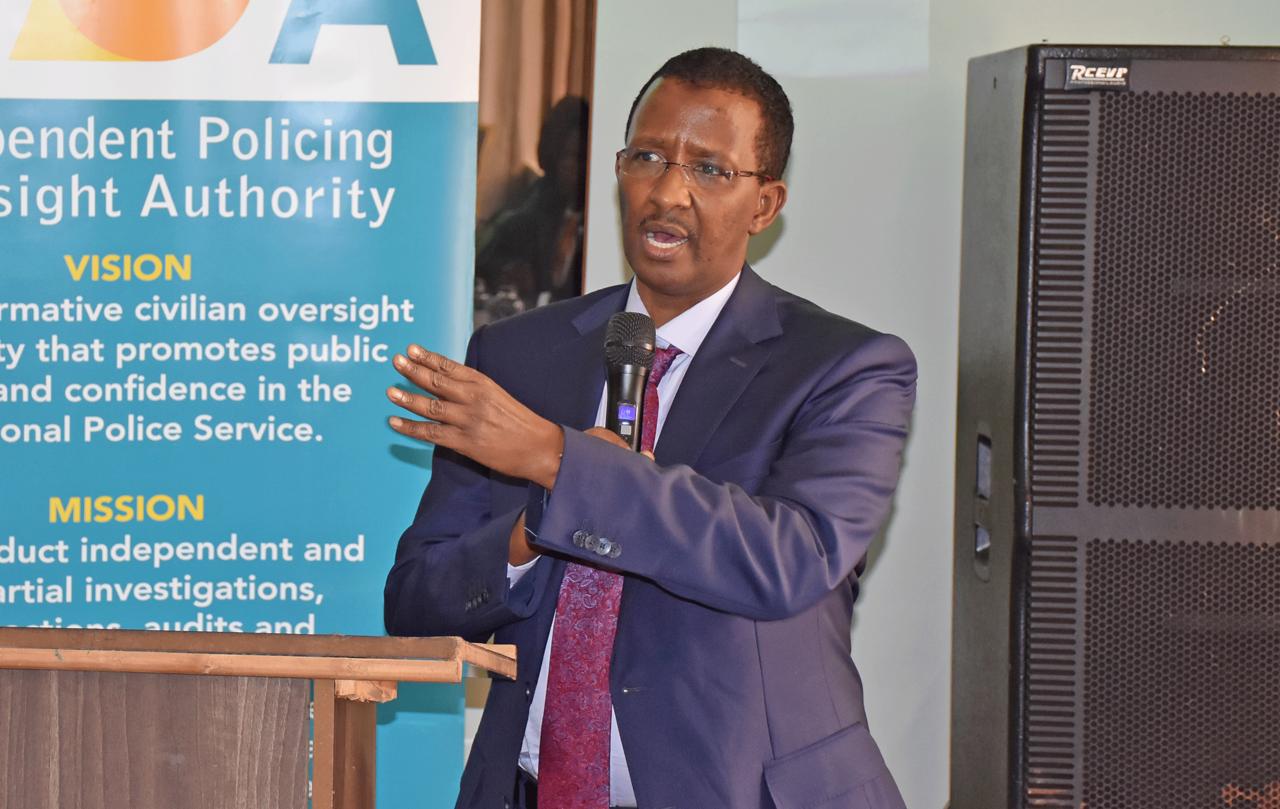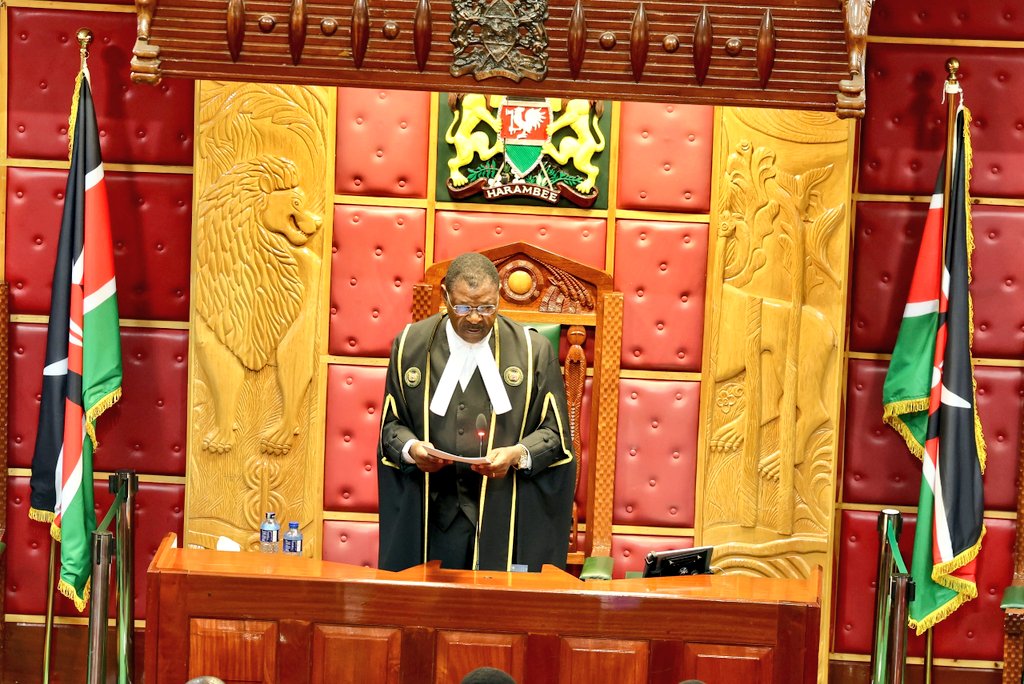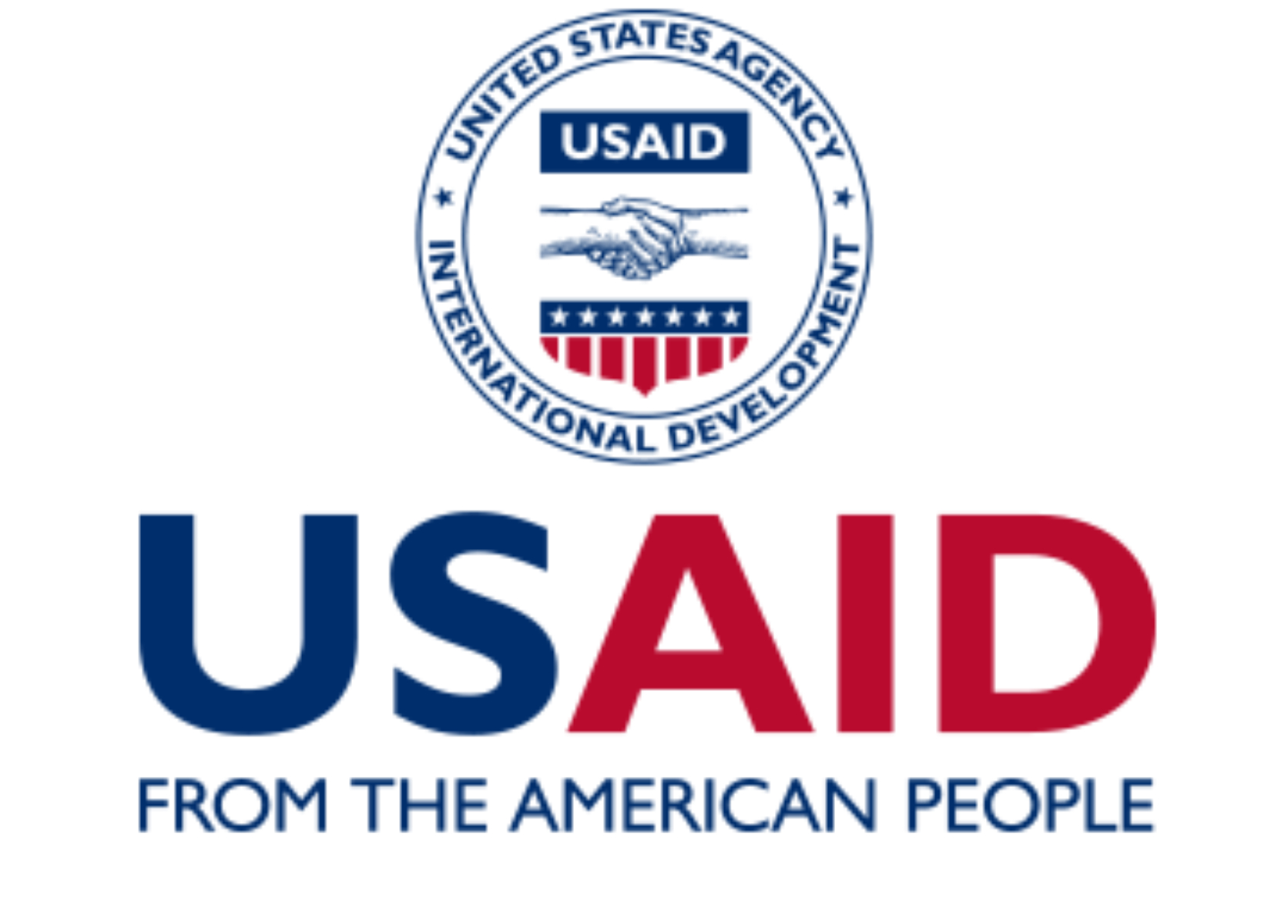IG Mutyambai cancels leaves for all police officers till after elections
The Inspector-General of Police Hillary Mutyambai has cancelled all leaves for officers and directed that they report to work immediately.
The officers have been recalled to beef up security during the election period, and are expected to proceed on leave at a later date after the elections.
“Due to the forthcoming general election, no officers should be granted leave from July 1, 2022, unless on medical grounds and with doctors’ recommendation,” the Deputy IG Edward Mbugua wrote in a memo to all commanders.
All the officers on leave are expected to report back on Monday next week.
“All those officers on leave to be recalled and to be on duty by July 4, 2022,” Mbugua further directed.
Due to exigencies of service, the top security chiefs in the country will also be on duty for the entire period.
IG Mutyambai however said the service was well prepared to offer security during the general election, saying the service oversaw the party primaries, especially during the Easter holidays, without any significant security incidences.
The police boss has also said their priority focus has been on the preventive rather than the punitive, adding that the service was aware that there were certain opportunists and other criminals who intend to capitalize on the electioneering period to commit various crimes.
Cases of insecurity in some parts of the country heightened terror alerts and fears that criminal attacks may stage attacks during this period.
Already, police have heightened operations across the country, especially in Marsabit and Kerio Valley and in some parts of Eastern and North-Eastern regions.
Several counties in these regions have been experiencing cross-border conflicts around disputed boundaries and access to resources such as land, pasture and water.
These include Meru-Isiolo, Meru-Tharaka Nithi, Isiolo-Garissa, Kitui-Tana River, Makueni-Taita Taveta and Makueni-Kajiado
Early this month, the government suspended the creation of new administration units of service delivery in these regions and land adjudications along counties’ boundaries in the areas until after the general elections.
Interior Cabinet Secretary Fred Matiang’i said the decision not to create new sub-locations, locations, divisions and sub-counties was informed by the need to avoid milking political capital out of the exercises and exacerbating ethnic, clan and other potential disagreements around the process.
Security agencies have their work cut out to maintain safety and security during this period.
According to the Interior Ministry, voter bribery, the threat to interfere with electoral processes through political hooliganism, intimidation of voters, and abuse of social media are some of the unprecedented threats the government is dealing with during this electioneering period.
Others are the potential for Boda Boda operators to be misused by politicians, money laundering, terrorism, organised criminal gangs, land and boundary disputes, and cattle rustling.
To ensure enhanced election security, the government early this year mobilized and coordinated a multi-agency peace and security team and developed several interventions.
Further, a threat analysis framework examining electoral security threats and risk assessment were undertaken that resulted in the development of two manuals -the Elections Management Security Plan (SP) and Standard Operating Procedures (SOPs) for Peace and Security Management of the 2022 General Election.
A National Multi-Agency Command Centre on Election Security is in place as a liaison with field teams on peace and security situations, and preparation of regular peace and security briefs is taking place.
The government has also partnered with civic and faith-based organizations and development partners and has had several engagements to galvanize our joint-ness and efforts towards a peaceful general election.
“The UWIANO Platform for Peace, for example, was re-launched in March this year to promote synergy and collaboration in Election Violence Reduction Initiatives,” CS Matiangi said in April.











